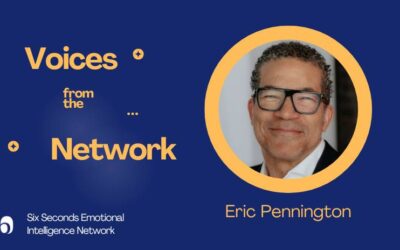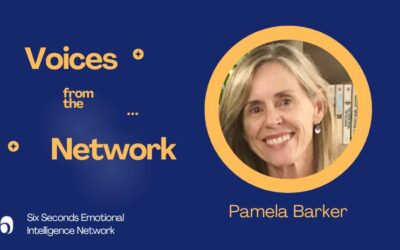3 Daily Habits to Maintain Hope in the Face of Adversity
An optimistic mindset is essential right now, and these 3 phrases help provide the proper lens of learned optimism
By Michael Miller – April 6th, 2020

This will not last forever.
This is not changing everything.
Your effort will make a difference.
These three phrases form the basis of Martin Seligman’s theory of learned optimism, a guide for how to frame adversity that has been found to effectively reduce anxiety. Personally, I’ve found it to be very helpful in the current crisis. Before we explore each of these phrases a little more, let’s clarify a common misconception what optimism is – and what it isn’t.
Learned optimism isn’t passively ‘hoping for the best’
Optimism isn’t blindly hoping for the best. In fact, being “optimistic” in a passive, naïve sense – without real effort – would only get us deeper into trouble. The type of optimism that will help us is this skill of optimism: intentionally practicing an optimistic mindset. This effortful optimism is about framing adversity in a healthy, realistic way and taking ownership of finding solutions – exactly what we need right now.
This “frame,” Seligman argued, is formed by a person’s explanatory style, which he abbreviated as the 3 Ps.
Seligman’s 3 Ps of optimism during adversity
The first one is permanence. Repeat after me: This will not last forever. In times of high stress and uncertainty, it can be easy to forget this. Remind yourself every day: This will not last forever.
The second one is pervasiveness: This is not changing everything. This is probably the most difficult in this current crisis, because it is certainly impacting many, many areas of everyone’s life. Still, it’s not ruining everything. Remember to express gratitude for what you do have, even in these difficult times, and for the choices you CAN make to focus on yours and others’ wellbeing.
The last one, and quite possibly the most important, is personalization. Your effort will make a difference. You are still in the driver’s seat of your thoughts, feelings and actions, and what you do will make a difference. We know what we need to do to slow the spread of the virus. It isn’t ideal for anyone, but at least we know what we have to do, and that our individual and collective effort will make a difference.
Thinking about adversity from this lens will give us the fuel we need to keep going. Share the message with as many people as you can.
This will not last forever.
This is not changing everything.
Your effort will make a difference.
Want more emotional intelligence tips and strategies? Join one of our free or low-cost Growing U sessions: 6seconds.org/grow.
What’s new in emotional intelligence?
In the Age of ChatGPT, What Should Teachers Focus On?
AI tools like ChatGPT are transforming education, prompting a shift from knowledge transfer to fostering skills like empathy, creativity, and critical thinking. This article emphasizes the role of Emotional Intelligence in inspiring engagement and purpose, helping educators adapt to the evolving demands of an AI-driven world.
What Should Schools Prepare Us For? Educating for a Future That Inspires and Uplifts
In Italy, only 5% of workers are engaged in their jobs—an economic crisis with deep roots in the education system. What needs to change?
From Enemy to Ally: How Eric Pennington Changed His Relationship with His Own Emotions – and Found His Life’s Purpose
How emotional intelligence helped Eric Pennington transform corporate life setbacks into strengths – and find purpose in both work and life.
Emotional Intelligence at Work: In the Era of AI, What Happens to Human Skills?
Who’s winning the artificial intelligence race: machines or people? Research finds AI investment leads to disinvestment in human skills
Fortifying the Mental Health of the Entire School Community with Emotional Intelligence
Wellbeing program at St. Peter’s Primary replenishes reserves post-COVID: ‘Truly life changing for many of our staff,’ school leaders say. Read the full case study here.
Helping Others Achieve Overall Well-being and Healthy Connections: How Emotional Intelligence Guided Pamela Barker’s Career Path Growth
Pamela Barker’s journey began with healing bodies, but it was her discovery of emotional intelligence that unlocked her true purpose: helping others achieve overall well-being and healthy connections. From her days as a physical therapist to becoming a passionate EQ coach, Pamela’s story is one of transformation, resilience, and the power of connection. Her experience shows that real change starts from within.
- Pursue Noble Goals in the Six Seconds Model of EQ - July 29, 2023
- Increase Empathy in the Six Seconds Model of EQ - July 26, 2023
- Exercise Optimism - July 24, 2023






